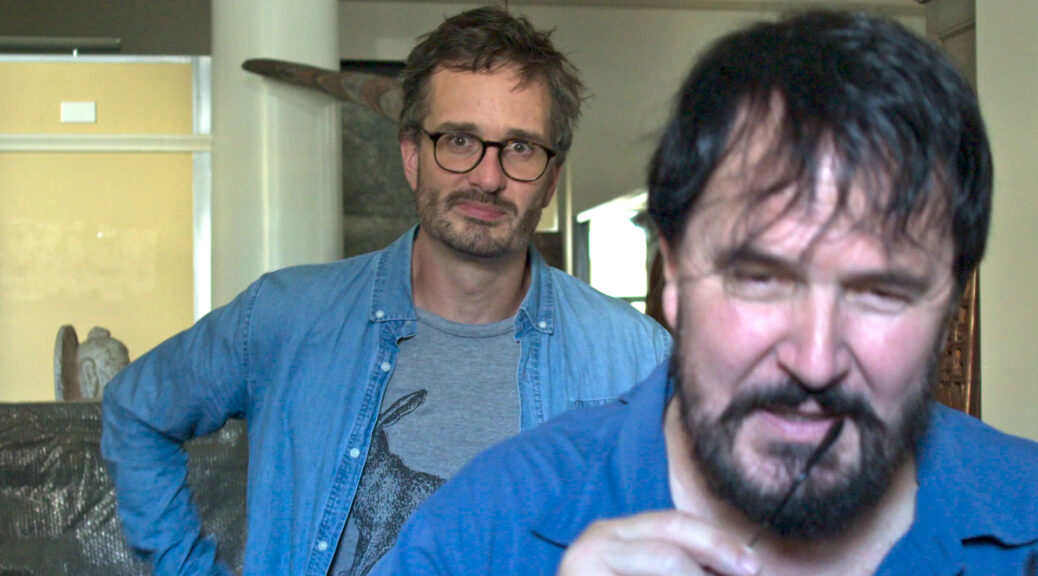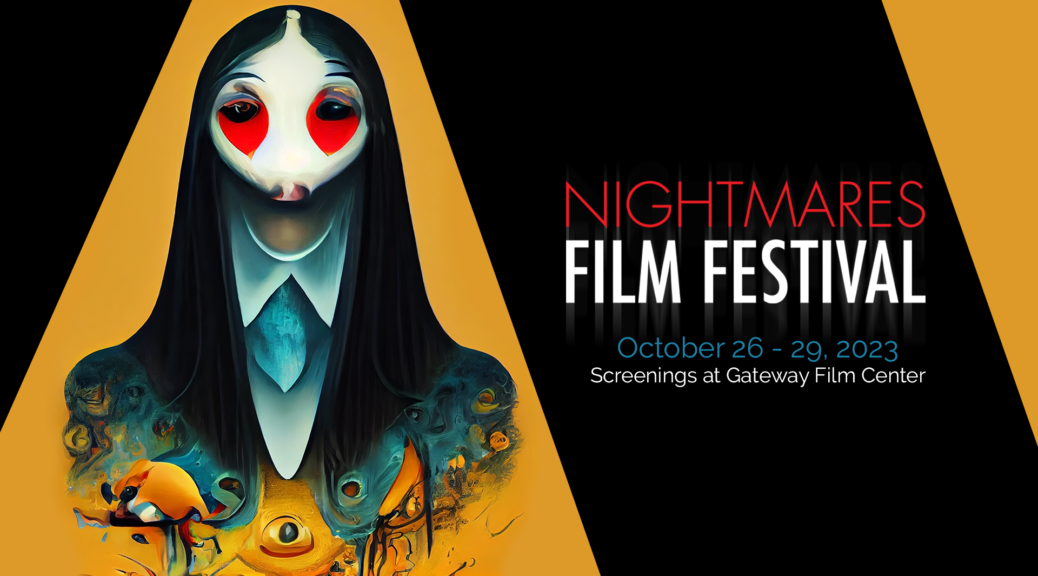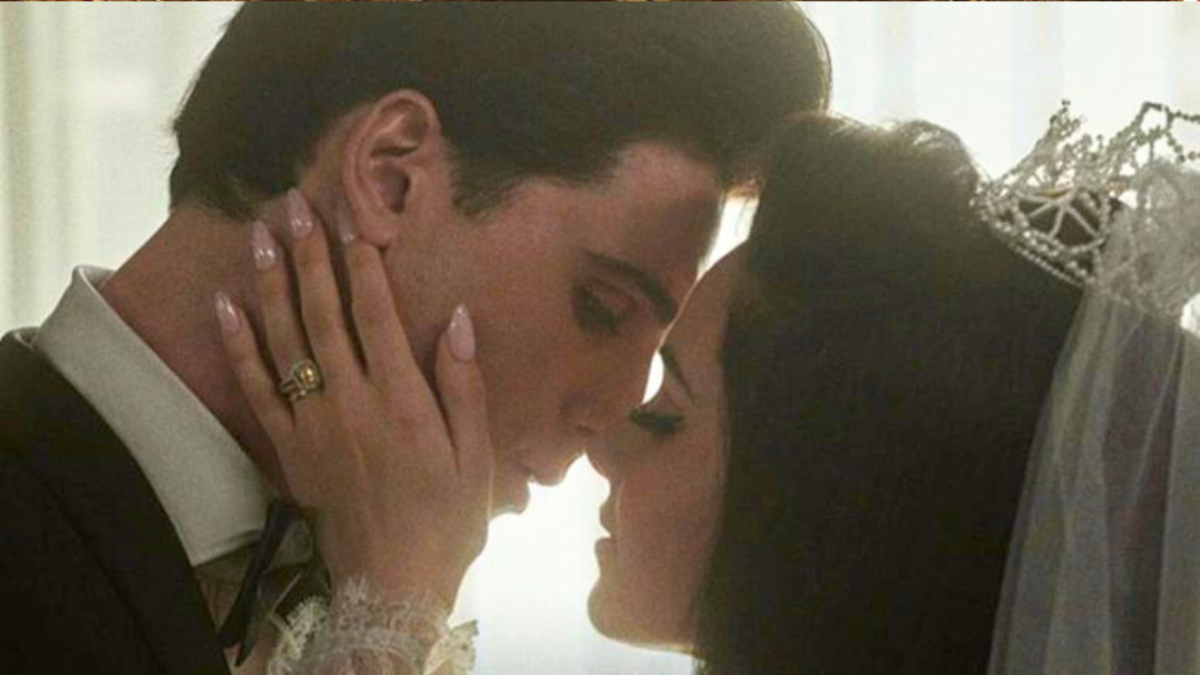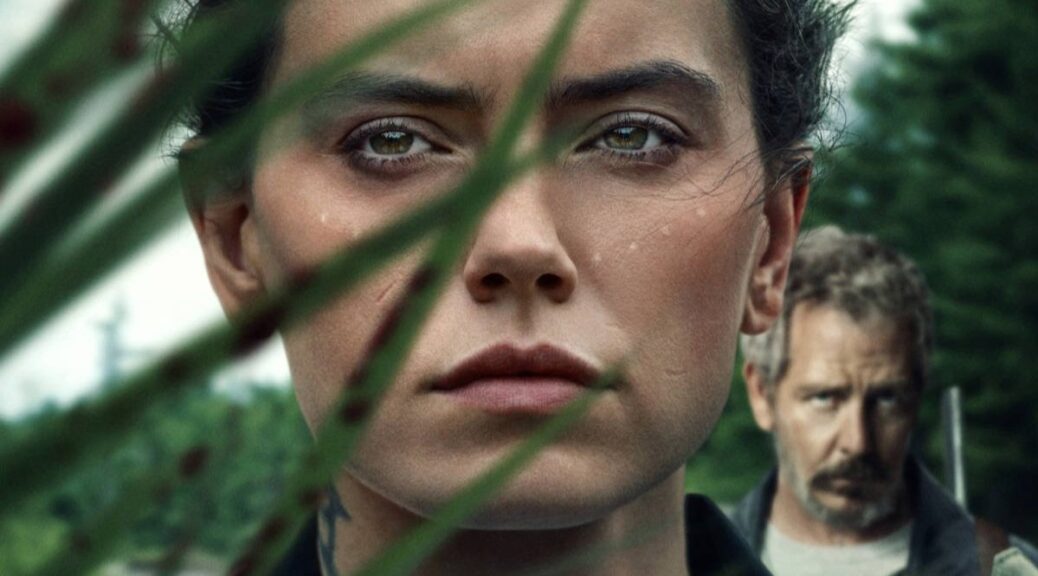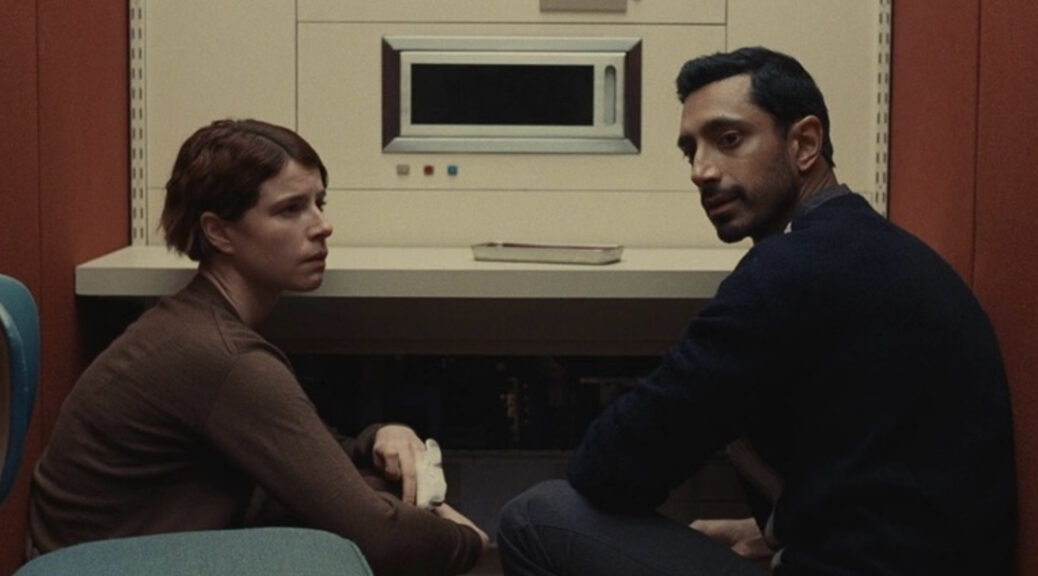Mister Organ
by Matt Weiner
There is a mystery at the heart of Mister Organ, the new documentary from David Farrier that is compelling and maddening. As with Farrier’s last feature film, the highly acclaimed (and equally eccentric) Tickled, the filmmaker finds himself personally caught up in a seamy underbelly that touches up ever so slightly against the real world, and it’s impossible to see things the same way afterward.
But in the same way that the subculture of Tickled opened itself up to be larger than expected, Mister Organ is like a funhouse mirror opposite. Each step of Farrier’s investigation draws him further and further into the strange and sinister world of one Michael Organ.
In the best possible way, Mister Organ does not seem like the documentary Farrier wanted to make. It starts with a shady but quasi-legal towing scheme in the parking lot of an Auckland antiques store. Farrier’s spotlight on the extortionary fees being levied in this private parking lot make enough waves in local news to lead to political action around towing rules.
Unable to help himself, Farrier pulls at some small inconsistent threads and a possible connection between the tow driver and the shop owner. A few lawsuits, some light larceny and a possible home break-in later, and Farrier’s entire life is consumed by his investigation into the driver—Michael Organ.
A parade of former roommates, acquaintances and even family members suggests that Organ is, at best, a mercurial and deeply unpleasant man. And at worst, he may be an abusive con artist who has harassed people to suicide. (Allegedly! Organ’s penchant for lawsuits is a key part of the film. And Farrier is still dealing with court cases from Organ.)
There’s no real mystery about Organ himself. He is the man you think he is—a manipulative brute with the money to enact his cruelties on anyone unlucky enough to come into his orbit.
The enthralling mystery at the heart of Mister Organ instead is the way Farrier so thoroughly establishes that there is nothing there to Organ—he calls him a “black hole” at one point—while being unable to stop himself from getting caught up in the man’s grievances.
Organ’s mental state, while not something anyone would classify as “solid,” isn’t all that interesting. Farrier offers up half-baked insights on Organ near the end of the movie as a sort of a-ha moment, but the real climax has been Farrier himself slowly losing sanity points while locked in Organ’s sick games for years on end.
The character study is one of the director, not Organ, and the depths to which a man’s soul can be broken when it comes into contact with a relentless force that is tuned a few degrees toward evil but with the impish sadism to maintain plausible deniability. Is it rude to make a feature documentary about a non-public figure only to conclude that he’s a real-life Lovecraftian horror put on earth to torment people? Probably. But spending just 90 minutes with Mister Organ is enough to inspire gratitude to Farrier for the public service.
